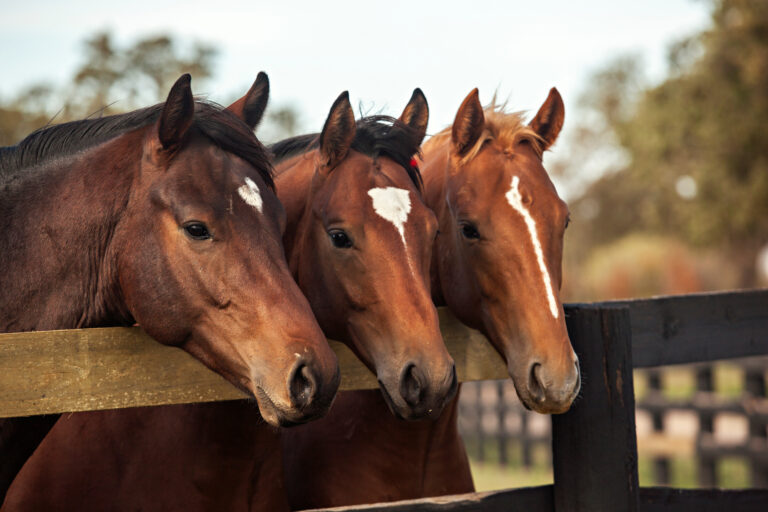Oregon State University announced May 1 that it has diagnosed a horse with the neurologic form of equine herpesirus type-1 (EHV-1), a naturally occurring virus that can cause serious illness in horses when activated.
The horse is isolated at the Lois Bates Acheson Veterinary Teaching Hospital, and all activities and services in the College of Veterinary Medicine are continuing.
The Oregon Department of Agriculture has quarantined the property where the affected horse was housed in Marion County. The horse — others from the property–recently attended events held at the Linn County Fairgrounds in Albany on April 16-19 and the Oregon Horse Center in Eugene on April 25-26, according to the state veterinarian.
No other horses that attended these events have shown clinical signs of EHV-1. Owners of horses that attended these events are encouraged to monitor their horses for any signs of respiratory or neurologic disease. EHV-1 is not transmissible to people.
“This is not the neurotropic or mutated form of the virus, which can really cause problems,” said Dr. John Schlipf, a large animal internal medicine specialist with the OSU College of Veterinary Medicine. “This form of EHV-1 can still have serious consequences.”
Schlipf said that clinical signs of the neurologic form of EHV-1 often begin with the hind limbs and include:
- Uncoordinated, stumbling movements
- An unusual gait
- A weak tail tone
- Difficulty urinating, and dribbling of urine
- Nasal discharge, frequently accompanied by a fever
The Oregon Department of Agriculture recommends horses that attended the Albany or Eugene events avoid contact with other horses and have their temperatures monitored twice daily. Temperatures over 101.5 degrees may indicate illness.
Horses with signs listed above should be isolated from other animals, and owners should contact their veterinarians immediately. EHV-1 can also affect alpacas and llamas, Schlipf said.
EHV-1 can cause abortions in animals, thus pregnant mares should not co-mingle with horses returning from those shows.
“Horse owners should be aware that although EHV-1 is not transmissible to humans, people can spread the virus on their hands and clothing if in contact with an infected horse,” Schlipf said.
Additional information regarding Equine Herpes Virus and biosecurity recommendations is available from the American Association of Equine Practitioners: http://www.aaep.org/info/horse-health?publication=753.








